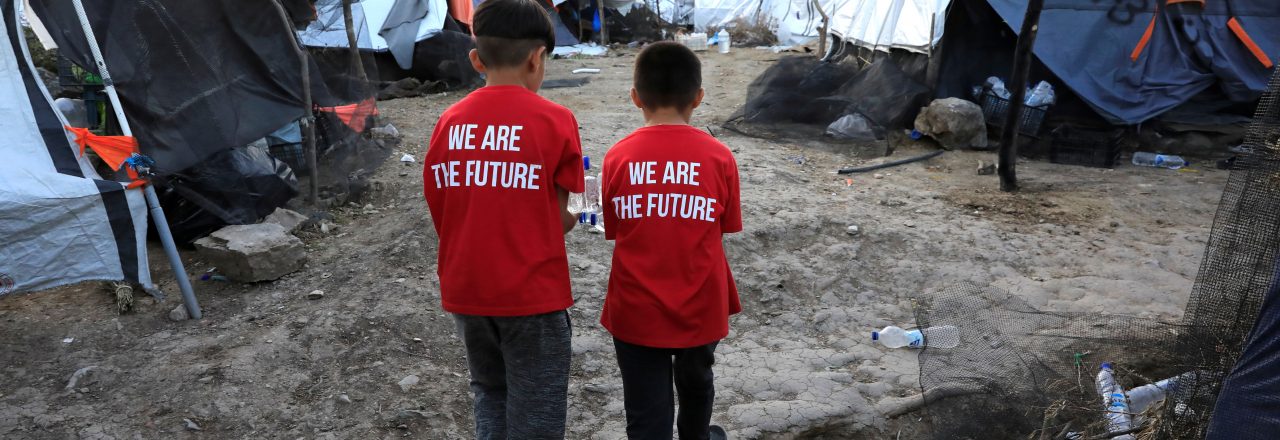
Policy Brief
New Wine into Old Wineskins? Addressing Patterns of Institutional Development in Euro-Mediterranean Relations in the Wake of the So-Called “EU Refugee Crisis”

Abstract
With over 1,500,000 asylum-seekers entering the European Union through Mediterranean routes from 2015 to 2017, decision-makers in EU Member States and Southern Mediterranean countries, as well as media pundits, have been calling for a reform of common migration and security policies and for a radical rethinking of the EU decision-making process and Euro-Mediterranean relations at large.
This policy brief argues that, in spite of a proclaimed commitment to finding European solutions to the crisis, the most powerful and influential Member States managed to centralise control over alleged free-riding Member States, while simultaneously hindering any meaningful attempt to communitarise responsibility for decisions.
To do so, the policy brief analyses, first, the policies of the EU agencies most involved in dealing with the so-called “EU Refugee Crisis”; and, second, the bilateral migration agreements between the EU and Southern Mediterranean countries. Finally, the brief calls on Euro-Mediterranean researchers to scrutinise current relations between state actors on the two shores of the Mediterranean Sea through the lenses of the proposed analytical framework.


